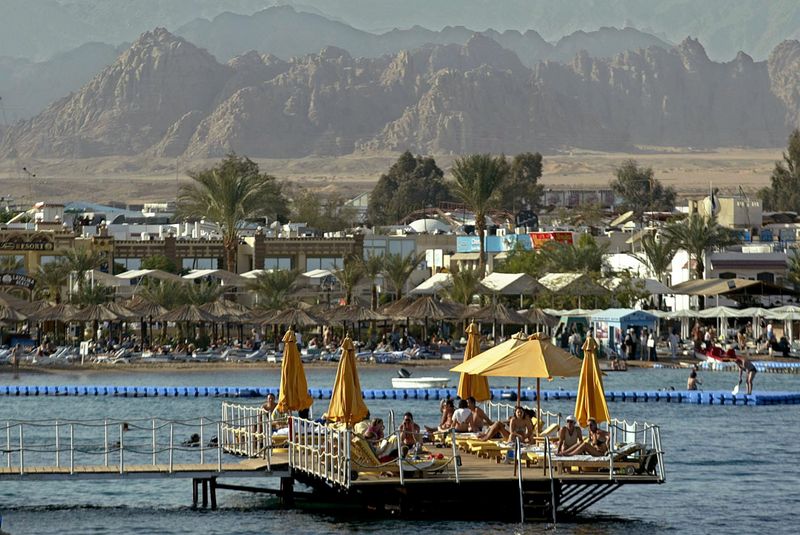
By Ahmed Fathat, Raghda Halal, Nasser Yousseff
A sense of anxiety and anticipation has overtaken the current government following threats made by international donors to cut off aid to Egypt due to the severe tactics of the security forces in dealing with the country’s opposition.
A representative within the Ministry of Finance stated that cutting such aid would cause a number of problems, and may be the first step in a series of new measures taken against Egypt, which is currently suffering from a severe economic crisis.
The cutting off of European and American aid may further complicate Egypt’s relations with those countries, which possess large economies and are among the latter’s largest economic partners.
Egypt receives $1.5bn yearly from the United States, $250m of which is economic aid, with an additional $1.3bn going towards Egypt’s military.
Egypt has received €1bn in aid from the EU since 2006, €400m of which is direct economic aid, with an additional €500m going towards direct development and development of natural resources.
The EU has stated that it will review its relationship with Egypt over the coming days, saying that it will hold a meeting of its foreign ministers to discuss the issue.
Demands made by members of the US Congress to cut off aid to Egypt have increased, with a number of varying suggestions made as to how to implement such change.
James Moran, the EU’s ambassador to Egypt, stated that the former will reach a decision regarding aid to the latter at a later date.
Foreign aid is considered one of Egypt’s primary means of addressing its budget deficit and implementing a new development program.
A source within the Ministry of Finance feared that the cutting off of western aid could be a precursor to more intense measures being taken, such as the placing of economic sanctions on Egypt, which would paralyse the economy.
The cutting off of western aid would make it difficult for Egypt to obtain additional funding from international finance institutions such as the IMF and World Bank he said.
Over the last 18 months Egypt has accumulated a $19bn finance gap according to government statistics. This is in addition to the failure of the country’s various governments to secure the country’s pending $4.8bn IMF loan.
Foreign aid and loans are considered a primary means by which to help to address the country’s current budget deficit, which has reached 13%, considering the high cost of domestic borrowing and the government’s increased inability to acquire domestic funding.
An official from the Central Bank of Egypt stated that Arab countries will play a large role in helping to support the country’s economy in the coming months.
Saud Faisal, Saudi Arabia’s Foreign Minister, stated that the Kingdom would help support Egypt’s economy, saying that he considered the fate of both countries to be intertwined.
Saudi Arabia is considered the largest supporter of Egypt’s current government, having provided the latter with a $5bn aid package in the days following the ouster of former President and former Muslim Brotherhood member Mohamed Morsi.
The central bank official stated that a number of Arab countries, in particularly Saudi Arabia, had pledged to support Egypt in the event that the EU cuts off its aid.
He stated however that no negotiations had yet been held on the subject, either with Saudi Arabia or other Gulf countries. He added that negotiations regarding the final transfer of that aid which had already been proposed (by Saudi Arabia, the United Arab Emirates and Kuwait, totaling $12bn) would need to be concluded first.
Bernardino Leon, the European Union Special Representative to the Southern Mediterranean region, stated that a meeting of the EU’s foreign ministers would be held Wednesday to discuss placing sanctions on Egypt, which would include an arms export ban.
Such measures would serve to place pressure on Egypt’s government following the death of hundreds of civilians after the dispersal of sit-ins held by supporters of Morsi.




